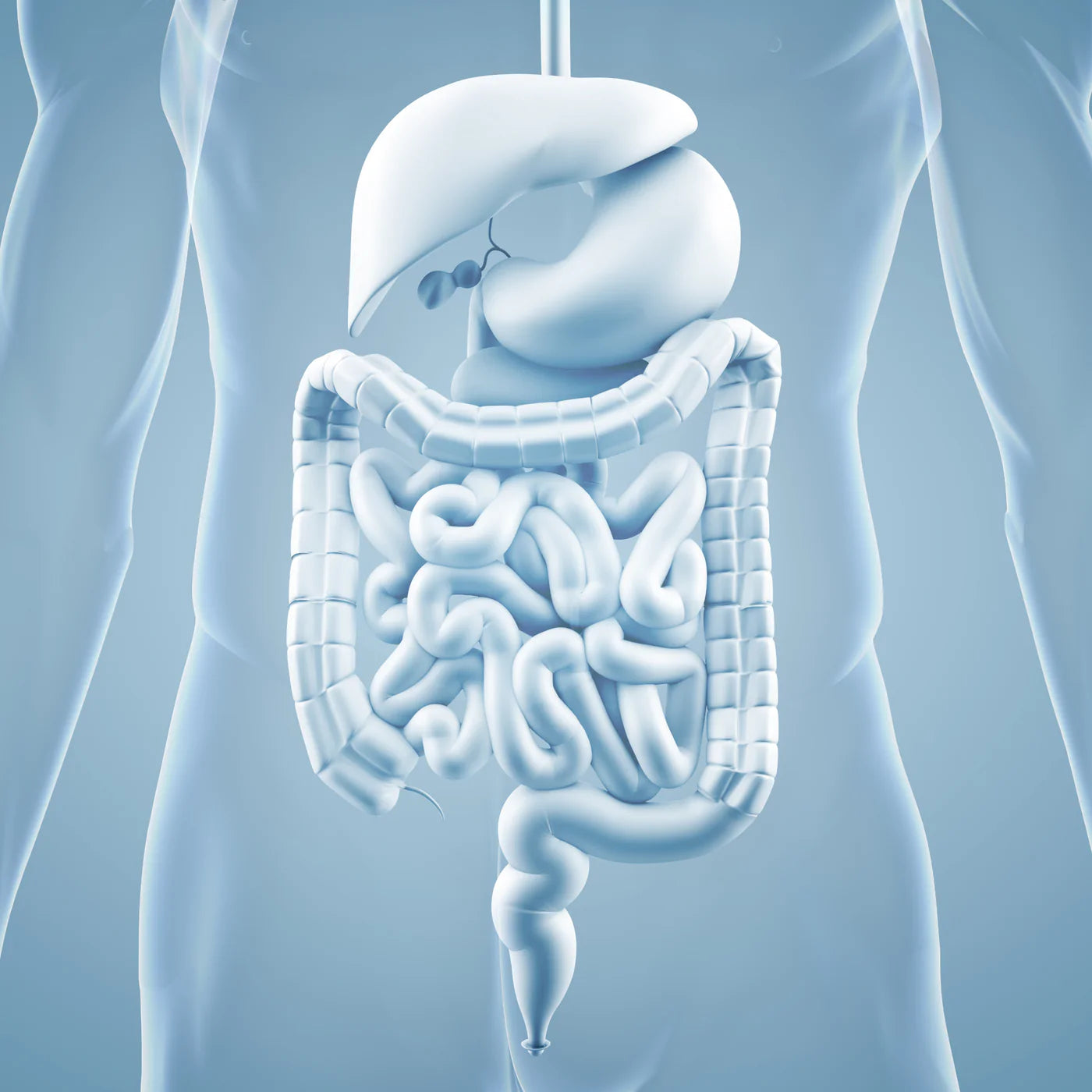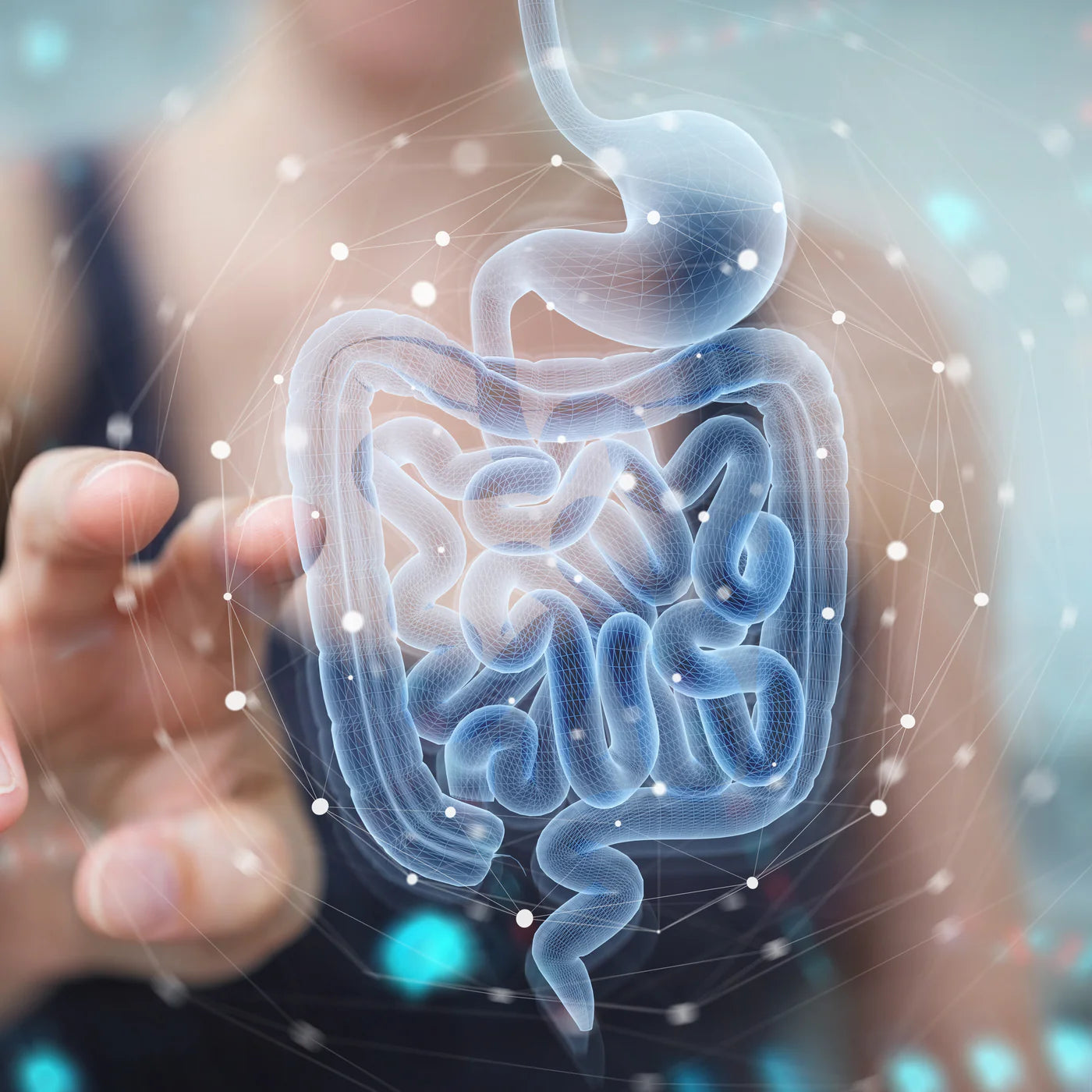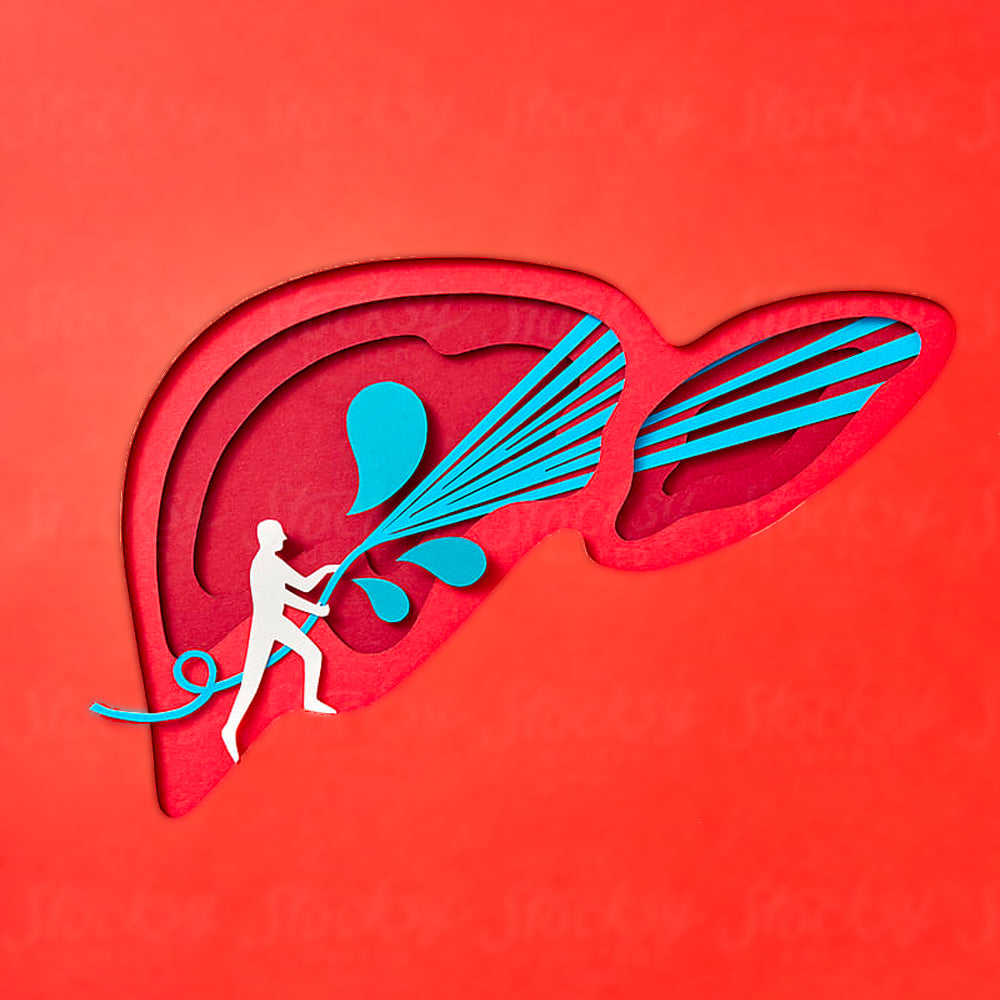When your intestines are struggling, they can send signals to the brain, and visa-versa, which can result in a range of mental health issues such as depression, stress and anxiety. In this article we’ll look at how this works and how you can use this knowledge to improve your mental health.
Bidirectional communication between the brain and the gut is carried out via the Gut Brain Axis (GBA). This happens through the through the vagus nerve, a large nerve running from the brain to the colon.
When considering possible causes of common mental health problems people tend to focus on psychological impacts such as traumatic events, stressful lifestyles, drug and alcohol addictions and general personality traits. However, in many cases it may be physiological factors that are a major contributor to the problem.
Neurotransmitters and the gut microbiome - Is the gut the ‘second brain’?
In 1996 Dr Gershon was one of the first researchers to study this gut-brain connection. The enteric nervous system (ENS), the body's second-largest collection of neural tissue after the brain, is composed of more than 10 million neurons in the gastrointestinal (GI) tract.
In addition, mucosal tissues in the gut is a key part of the body’s immune system, leading specialists to believe that a number of depressive symptoms result from a person's inability develop a fully functioning and mature mucosal tissue system. High exposure to antibiotics from a young age is one possible reason of this.
The vast amount of communication between the gut and our brain happens via specialist cell-messengers called cytokines. These are another reason that the gut is often referred to as the second brain. There are two varieties of these cytokines; pro-inflammatory and anti-inflammatory. However, when gut health is impaired, it causes conflicting messages which can damage mental health.
Inflammation, gut bacteria and depression
Did you know that only 46% of patients with depression feel like they have full resolution for their depressive symptoms? This means that current treatments are clearly missing the mark, suggesting that these symptoms could be caused by more than simply psychological problems.
We now know that your diet and external environment effects both gut bacteria and mental health. Through a good, well-balanced diet and excellent gut health you can help reduce your risk of debilitating mental health issues.
















